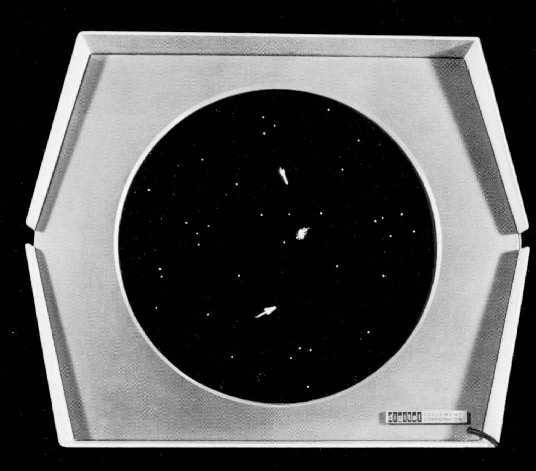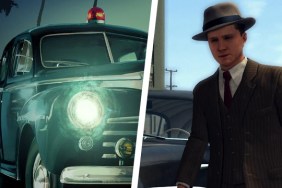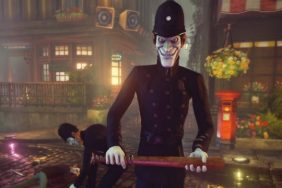"The 10 Most Influential Retro Games" is a feature series that will run daily for the next two weeks, between 12/3/12 to 12/14/12 on weekdays, with each day highlighting one of our ten picks in an unranked order. Follow our tagged page for Most Influential Retro Games to view the entire list.
So far, Game Revolution has featured Adventure, Tetris, Pong, Super Mario Bros., Metroid, and Wolfenstein 3D. ~Ed. Nick
Spacewar! is an interesting side note in the video game industry, one that isn't brought up too often in game history conversations. It's probably for that reason that I felt it needed to be brought up here, as it was a major point on the timeline for many a programmer, game designer, and computer nerd in the early days of analog computing.
Back in the 1960s, very few people had ever even seen a computer, let alone used one. They were massive machines that took up entire rooms of major colleges around the US and their output was a tiny-tiny screen, only a few inches wide, to display whatever code was produced. In those days, only professors and computer science majors (back before that was really a thing) had any access, and most of that was regulated to the tiny screen, a keyboard, and punch cards. Y'see kids, before there were CDs and MP3 players, nerds had to design their programs by writing out the code on paper, and even in the early days at Atari where microcomputers were around, typically a secretary would plug in and compile the code to see if it worked. If it didn't, they had to run through the code on their own and try again later.
Steve Russel, nicknamed "Slug", was one of those kids playing around with the room-sized computers and, in his spare time, designed and played a game. Spacewar! was little more than two tiny spaceship outlines on the screen—one for each player—and a small black hole in the middle to draw them toward each other and force the battle to happen. It was simple, but that single obstacle and the ability to warp to a random area on the playfield made the game an interesting challenge. It might not have supported an AI character, but when it made the rounds there were plenty of second players to jump in.
But what was it that makes it really a notable work in gaming's history? It was an early game that found its way to the founder of Atari, Nolan Bushnell, back in the 1960s as a student at Utah State University. He's said through a Google Tech Talk that he nearly flunked an entire semester of college because of the game, which one would imagine had a massive effect on his state of mind (as well as the state of his grades). It inspired him to try and market a game similar, named Computer Space, in 1970. Computer Space was the first commercially-available arcade game… and it didn't do so good. To be blunt, to call it a bomb is a bit of an insult, since bombs usually leave a major mark on something.
But after also seeing Ralph Baer's "Brown Box" (which became the Magnavox Odyssey console), Bushnell tried again, this time getting an employee to develop a simple tennis game as a "warm-up" for things to come. And that warm-up, Pong, made him a millionaire, and the rest is history. But if it wasn't for that million-dollar-plus computer, playing that little screen with rudimentary space ships dancing along, there never would have been Atari. And I'd be entirely out of work.
So a big "thank you" goes to Slug Russell for the computer game that started it all for the man that started an industry. The one thing I want to know (and couldn't find), how did he get the nickname "Slug"?







